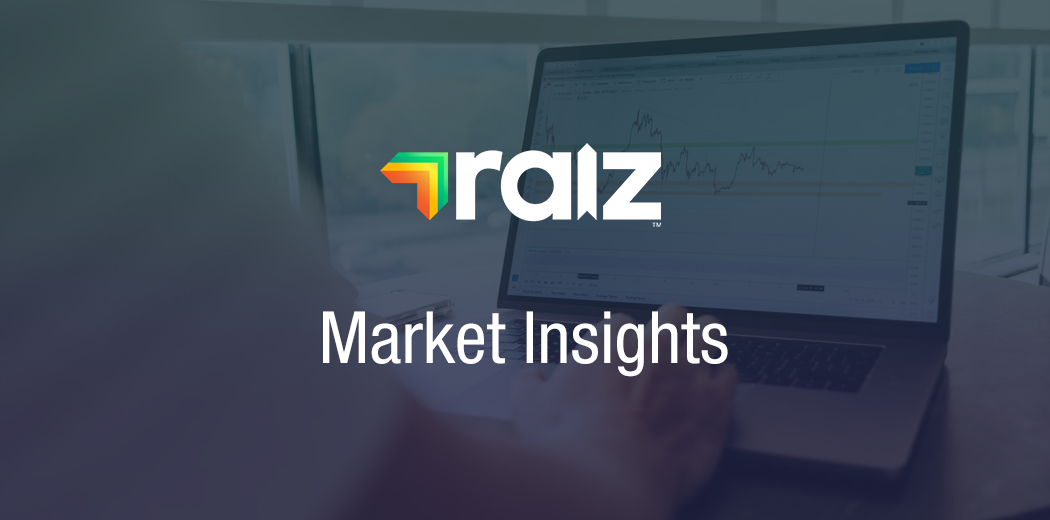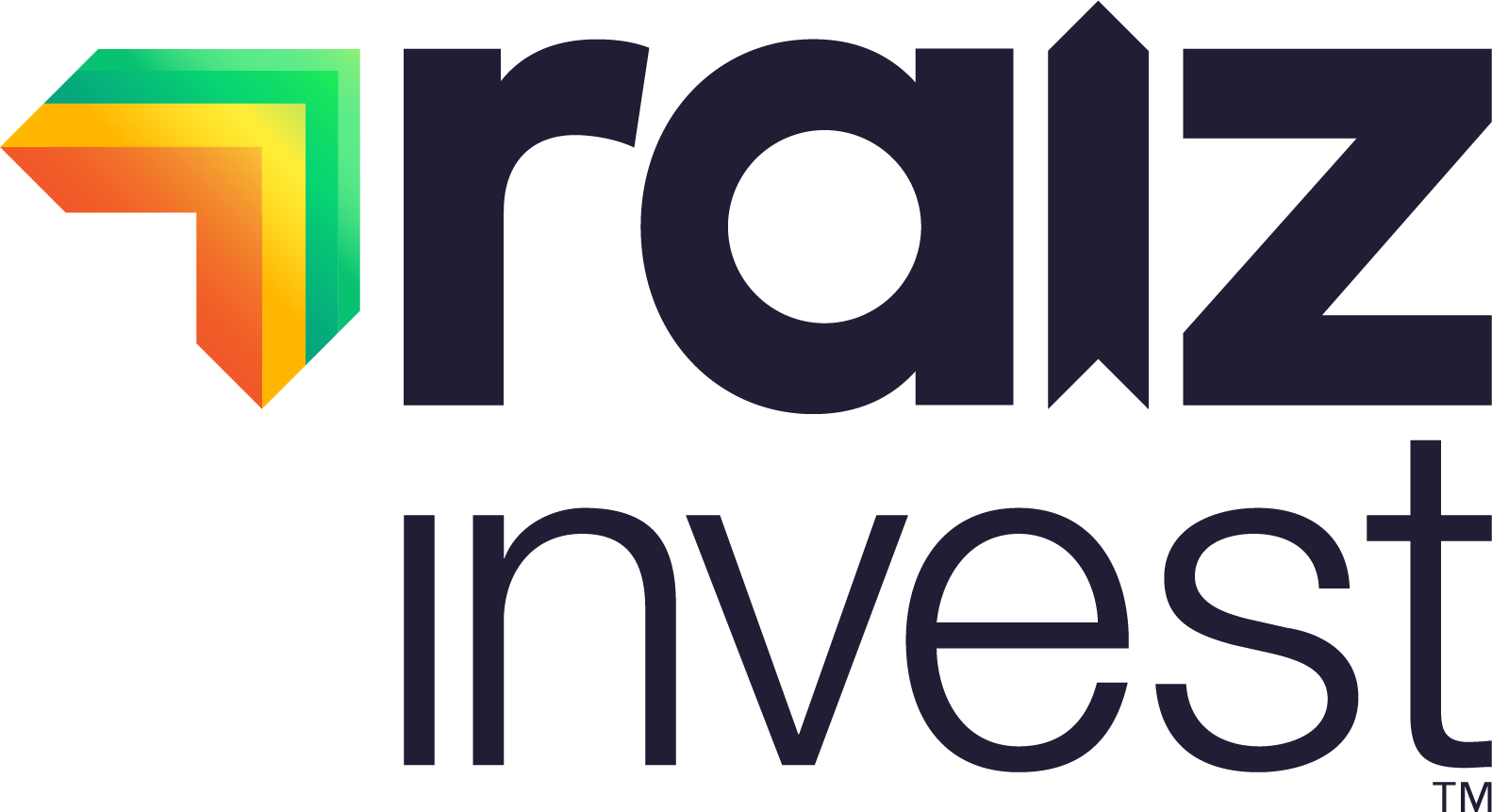
21-07-20
George Lucas, Raiz CEO
Investors are closely watching Q2 earnings season that kicked off in the US last week as it will shed more light on how hard COVID-19 has hit listed companies in different sectors.
The pandemic’s effect on the US economy started to be felt in mid-March when lockdown measures were first imposed, meaning that this earnings season will be key in assessing coronavirus fallout.
Healthcare, IT, consumers staples holding up in crisis
In general, the earnings of US firms in the healthcare, information technology and consumer staples sectors appear to have held up best, while those of firms in the energy, consumer discretionary and financials sectors seem to have fared worst.
Returns from the information technology and consumer discretionary sectors stand out as being surprisingly strong, given their prospective earnings and sales results. That owes much to mega-cap stocks that drove the market up in the first half of 2020 and continue to do so.
Since late March, investors have been focusing on the prospect of a strong economic recovery from its lockdown-induced slump. With that in mind, the biggest threat to the overall stock market now is probably a renewed hit to economic activity from the recent resurgence of coronavirus cases.
S&P 500 resilient despite US surge in COVID-19 cases
Looking at where we’re at now, two surprising things have happened since early June. First, the S&P 500 has hardly fallen, despite the surge in new coronavirus cases in the US and signs that the economic recovery there is stalling. Second, it has performed no worse than major European indices, even though outbreaks are increasingly under control on the other side of the Atlantic.
There are several explanations for the S&P 500’s resilience. First, there have been a range of support measures for the financial system, while another view is that the market has just ignored what has happened in the economy altogether and has been driven indiscriminately higher by new money.
The unusual composition of the S&P 500 has helped to offset the influence of the broad economic trends outlined above. Technology-related sectors and in health care are significantly overrepresented in that index relative to most benchmark indices elsewhere, and compared to the structure of the US economy. The sectors are especially resilient to the coronavirus-induced slump.
The S&P 500 also contains nearly all the world’s very largest listed firms, including several global oligopolies with vast cash reserves. Big firms with strong balance sheets have been much better able to weather the coronavirus storm than others.
It should be noted that within the index several industries like hotels, restaurants and leisure, energy and airlines, are struggling. They are highly-vulnerable to virus-induced changes in behaviour, have slumped by 13 per cent, 23 per cent and 28 per cent, respectively, since 8 June.
China data upbeat despite COVID
In China, June trade data was better than expected. It showed inbound shipments jumped by 14.1 per cent, the largest month-on-month increase since 2012, adding to evidence that domestic demand was strong at the end of Q2.
After a sharp contraction in Q1, China’s GDP grew 3.2 per cent year-on-year last quarter, taking it back above the pre-virus level reached in Q4 2019 in seasonally-adjusted terms.
What’s more, monthly activity and spending figures for June showed that growth was accelerating heading into the third quarter, on the back of policy stimulus. Labour market data was also encouraging, showing the improved job conditions helped drive a recovery in disposable incomes.
Looking ahead, the recovery in China is likely to slow over the remainder of the year now that the initial boost from re-opening post COVID-19 has passed.
Australia’s jobless rate hits 22-year high
In Australia, the number of unemployed people rose by 69,300 to 992,300 in June, pushing up the unemployment rate to 7.4 per cent for the month, according to the latest ABS figures. We hope that the unemployment rate has now peaked.
Important Note: The information on this website is provided for the use of licensed financial advisers only. The information is general advice and does not take into account any person’s particular investment objectives, financial situation or investment needs. If you are an investor, you should consult your licensed adviser before acting on any information contained in this website.
Investors only: The information in this Document is confidential it must not be reproduced, distributed or disclosed to any other person unless it is part of their statement of advice. The information may be based on assumptions or market conditions and may change without notice. This may impact the accuracy of the information. In no circumstances is the information in this Document to be used by, or presented to, a person for the purposes of making a decision about a financial product or class of products.
General advice warning: The information contained in this Document is general information only. It has been prepared without taking account any potential investors’ financial situation, objectives or needs and the appropriateness of this information needs to be considered in that context. No responsibility or liability is accepted by Instreet or any third party who has contributed to this Document for any of the information contained herein or for any action taken by you or any of your officers, employees, agents or associates.



